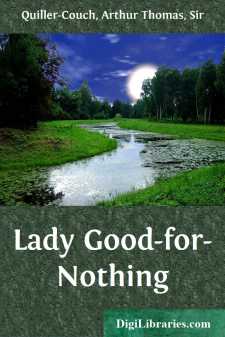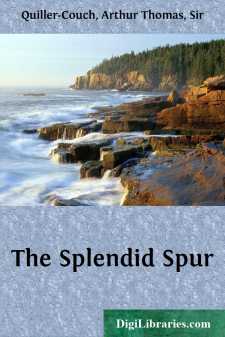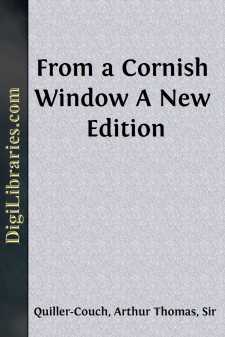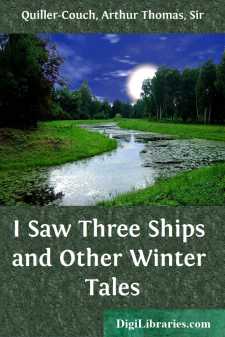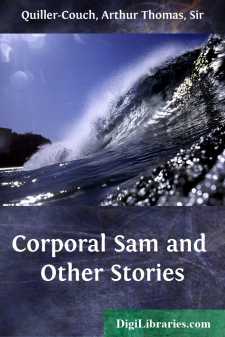Categories
- Antiques & Collectibles 13
- Architecture 36
- Art 48
- Bibles 22
- Biography & Autobiography 813
- Body, Mind & Spirit 142
- Business & Economics 28
- Children's Books 17
- Children's Fiction 14
- Computers 4
- Cooking 94
- Crafts & Hobbies 4
- Drama 346
- Education 46
- Family & Relationships 57
- Fiction 11829
- Games 19
- Gardening 17
- Health & Fitness 34
- History 1377
- House & Home 1
- Humor 147
- Juvenile Fiction 1873
- Juvenile Nonfiction 202
- Language Arts & Disciplines 88
- Law 16
- Literary Collections 686
- Literary Criticism 179
- Mathematics 13
- Medical 41
- Music 40
- Nature 179
- Non-Classifiable 1768
- Performing Arts 7
- Periodicals 1453
- Philosophy 64
- Photography 2
- Poetry 896
- Political Science 203
- Psychology 42
- Reference 154
- Religion 513
- Science 126
- Self-Help 84
- Social Science 81
- Sports & Recreation 34
- Study Aids 3
- Technology & Engineering 59
- Transportation 23
- Travel 463
- True Crime 29
Sort by:
THE BLUE PAVILIONS. TO A FORMER SCHOOLFELLOW. MY DEAR —, I will not write your name, for we have long been strangers; and I, at any rate, have no desire to renew our friendship. It is now ten years and more from the end of that summer term when we shook hands at the railway-station and went east and west with swelling hearts; and since then no report has come of you. In the meantime you may have...
more...
Chapter I. THE BEACH. A coach-and-six, as a rule, may be called an impressive Object.But something depends on where you see it. Viewed from the tall cliffs—along the base of which, on a strip of beach two hundred feet below, it crawled between the American continent and the Atlantic Ocean—Captain Oliver Vyell's coach-and-six resembled nothing so nearly as a black-beetle. For that matter the...
more...
"Q." A year or two ago it was observed that three writers were using the curiously popular signature "Q." This was hardly less confusing than that one writer should use three signatures (Grant Allen, Arbuthnot Wilson, and Anon), but as none of the three was willing to try another letter, they had to leave it to the public (whose decision in such matters is final) to say who is Q to it....
more...
PROLOGUE. A week ago, my friend the Journalist wrote to remind me that once upon a time I had offered him a bed in my cottage at Troy and promised to show him the beauties of the place. He was about (he said) to give himself a fortnight's holiday, and had some notion of using that time to learn what Cornwall was like. He could spare but one day for Troy, and hardly looked to exhaust its...
more...
CHAPTER I. OF THE LINEAGE AND CONDITION OF SIR JOHN CONSTANTINE. "I have laboured to make a covenant with myself, that affection may not press upon judgment: for I suppose there is no man, that hath any apprehension of gentry or nobleness, but his affection stands to a continuance of a noble name and house, and would take hold of a twig or twine-thread to uphold it: and yet time hath his...
more...
DEDICATION. MY DEAR WILLIAM ARCHER, Severe and ruthlessly honest man that you are, you will find that the levities and the gravities of this book do not accord, and will say so. I plead only that they were written at intervals, and in part for recreation, during years in which their author has striven to maintain a cheerful mind while a popular philosophy which he believed to be cheap took possession...
more...
CHAPTER I. THE FIRST SHIP. In those west-country parishes where but a few years back the feast of Christmas Eve was usually prolonged with cake and cider, "crowding," and "geese dancing," till the ancient carols ushered in the day, a certain languor not seldom pervaded the services of the Church a few hours later. Red eyes and heavy, young limbs hardly rested from the Dashing White...
more...
CHAPTER I. Whatever claims this story may have upon the notice of the world, they will rest on no niceties of style or aptness of illustration. It is a plain tale, plainly told: nor, as I conceive, does its native horror need any ingenious embellishment. There are many books that I, though a man of no great erudition, can remember, which gain much of interest from the pertinent and appropriate comments...
more...
CHAPTER I. Sergeant David Wilkes, of the First (Royal) Regiment of Foot—third battalion, B Company—came trudging with a small fatigue party down the sandy slopes of Mount Olia, on the summit of which they had been toiling all day, helping the artillerymen to drag an extra 24-pounder into battery. They had brought it into position just half an hour ago, and already it had opened fire along with...
more...
AUDIENCE AND INTERLOCUTORS. Lieut. John Polkinghorne. R.F.A., of the Battery.Sec. Lieut. Samuel Barham, M.C. R.F.A., of the Battery.Sec. Lieut. Percy Yarrell-Smith. R.F.A., of the BatterySec Lieut. Noel Williams, R.F.A., attached for instruction. But military duties usually restricted the audience to two at a time, though there were three on the night when Barham (Sammy) set his C.O. going with a...
more...



